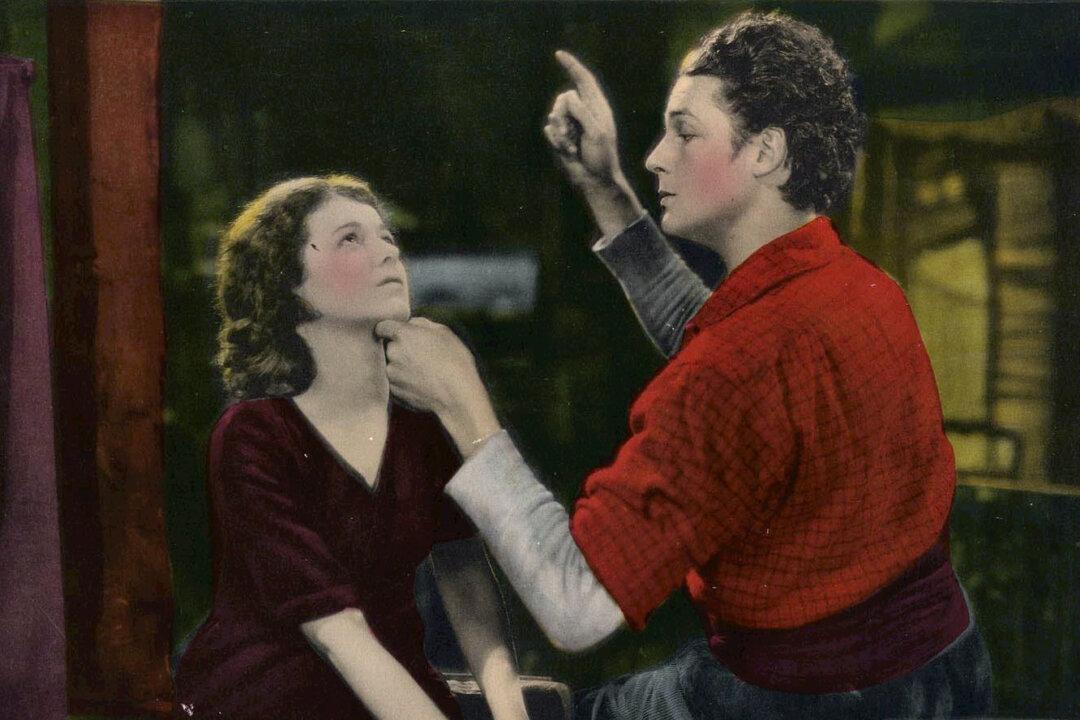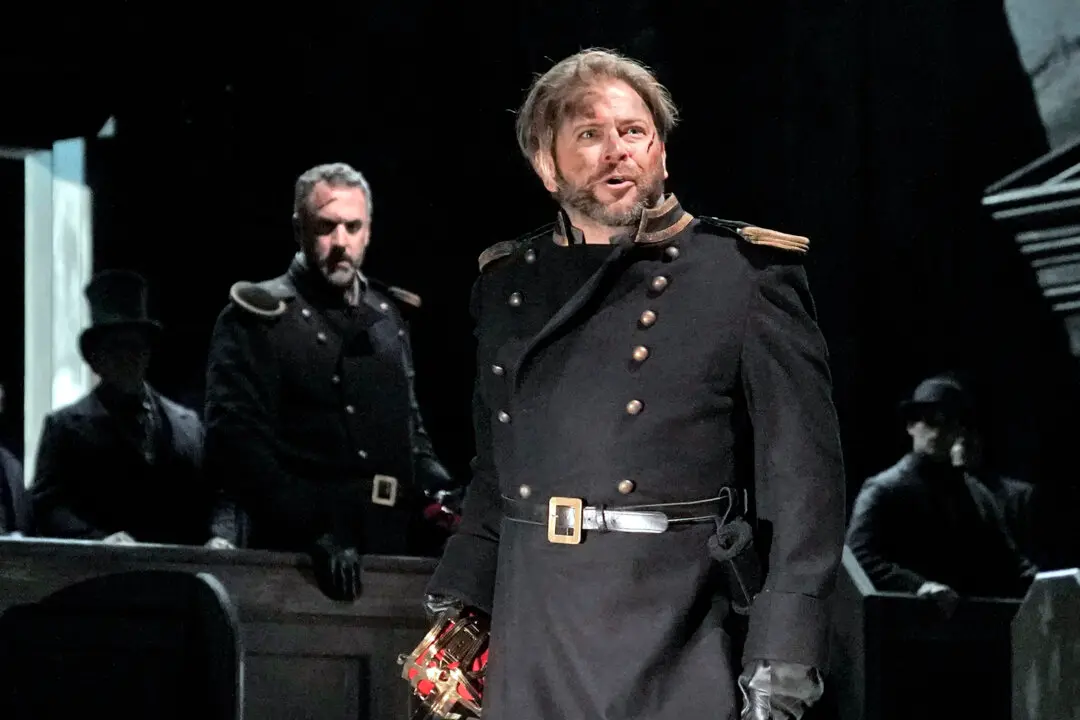Commentary
Classic movies are an amazing way to visit past eras. Although films from the 1930s to 50s often need to be remastered after all these years, they can basically be watched just as they were upon first release once restored to their former glory. It’s not so simple with movies made before the late 1920s. After the introduction of the soundtrack in 1927, many silent films and partial talkies were released with synchronized soundtracks during the last few years of the decade, even if they only featured background music and perhaps a few sound effects. The silent films made before that were just that, completely silent.





